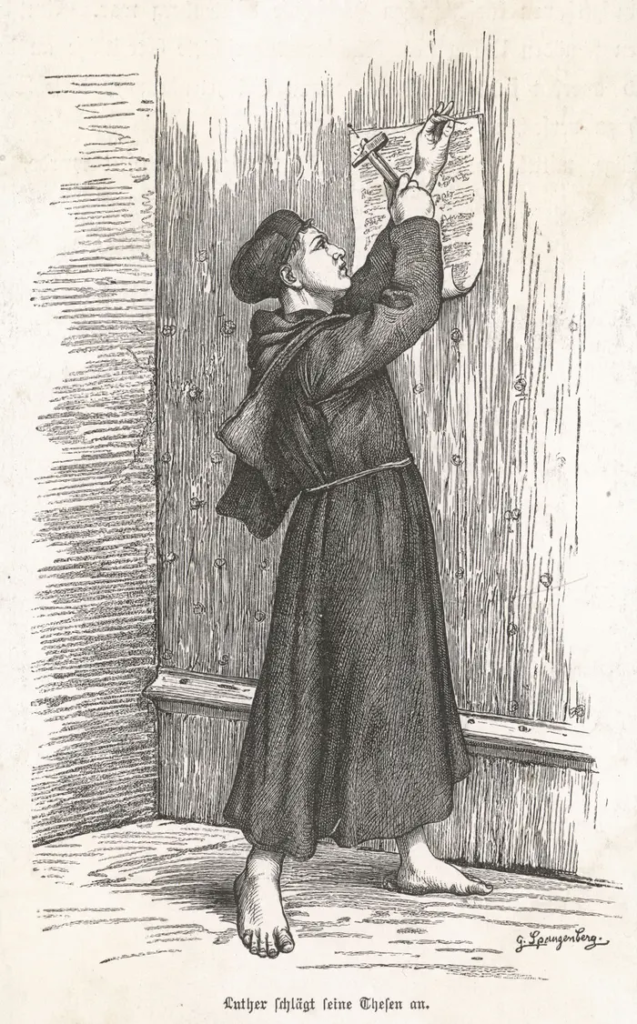Making holy – hallowing – and death have long marched together. As President Lincoln observed:
But, in a larger sense, we cannot dedicate, we cannot consecrate — we cannot hallow — this ground. The brave men, living and dead, who struggled here, have consecrated it far above our poor power to add or detract.
An “een” is an “eve”, the evening before. The peculiar thing about 31 October is that it is an “een” to the next two days. It is the evening before the Day of the Hallows, the holies or the saints, All Saints Day, 1 November, and the second evening before the Day of the Souls, All Souls Day, the Commemoration of All the Faithful Departed, 2 November, and literally in Mexico Dia de los Muertos, the Day of the Dead.
Etymologically Halloween may belong to the saints but celebratorily it belongs to both the saints and to all the dead, to their ghosts and shadows. The Catholic approach has been stated in this way:
Christians who celebrate All Saints Day, and All Souls Day do so with a fundamental belief. That being; the spiritual bond between those in purgatory – the Church Suffering, those in heaven – the Church Triumphant, and those living – the Church Militant.
In this tradition, the current All Saints Day was proclaimed by Pope Gregory III in the early 8th century. To mark this, he founded an oratory in the old St Peters Basilica for “the relics of the holy apostles and of all saints, martyrs and confessors, of all the just made perfect who are at rest throughout the world”.
Fast forward seven centuries to a young Martin Luther as a Catholic priest with issues and a fabulously wealthy Julius II enthroned as pope.
Julius chose his name in emulation of Julius Caesar and he chose well. One of his achievements was the rebuilding of St Peter’s Basilica, something he financed by the sale of indulgences, effectively hard cash for less time in purgatory.
In 1517 Luther nailed his 95 Theses to a church door. He was not backward in stating his view:
81 This unbridled preaching of indulgences makes it difficult even for learned men to rescue the reverence which is due the Pope from slander or from the shrewd questions of the laity.
82 Such as: “Why does not the Pope empty purgatory for the sake of holy love and the dire need of the souls that are there if he redeems an infinite number of souls for the sake of miserable money with which to build a church [St Peter’s Basilica in Rome]? The former reason would be most just; the latter is most trivial.
…
86 Again, “Why does not the Pope, whose wealth is today greater than the wealth of the richest Crassus [Croesus], build this one basilica of St. Peter [St Peter’s church in Rome] with his own money rather than with the money of poor believers?”
Luther’s act was a key in western European reformation. The traditional view is that he acted on Halloween at the door of All Saints Church in Wittenberg.
